On August 27, Guatemalan President, Jimmy Morales, declared Iván Velásquez, head of the UN anti-impunity commission, the CICIG, “persona non grata” in Guatemala and requested his immediate expulsion. This decision came on the heels of a request by the CICIG and the Guatemalan public prosecutor’s office to strip Morales of his political immunity, in order to deepen their investigation into his role in his party’s corrupt campaign financing. The expulsion order was blocked just hours later by the Guatemalan Constitutional Court.
On September 4, Congress received authorization from the Guatemalan Supreme Court to carry out an initial investigation to determine if there was sufficient evidence to strip President Morales of his immunity. Despite the fact that the its own investigating committee recommended that the president lose his immunity, the Guatemalan Congress voted to allow him to keep his immunity on September 11. The next day, local independent media revealed that Morales had received a monthly “military bonus” of $7,300 from the Ministry of Defense. Although the president has since returned the approximately US$ 61,700 that he received since the bonus began, the legality of these payments is being investigated by the Public Prosecutor’s office and the federal auditor.
On September 13, Congress voted to reform the criminal code. Some of the reforms they approved would shift criminal blame for illegal campaign financing from party general secretaries to party accountants. The reforms would also commute all criminal sentences under ten years of jail time to a fine. These contentious congressional reforms, known as the “Pact of the Corrupt”, demonstrated blatant self-interest, given that many of Guatemala’s politicians are currently under investigation for corruption charges, most of which could now be simply paid off. The decision was immediately met with national and international outrage at the move to weaken anti-corruption laws. Protests that had already started around the country since the expulsion order grew in size and culminated in a massive protest in Guatemala City’s central plaza and in front of Congress. The protests resulted in the cancellation of Independence Day celebrations that were to take place September 14 and 15, including a military parade.
Although by the end of the day September 15, the reforms had already been blocked by the Constitutional Court and later revoked by the same congress members who first approved them, Guatemalans have continued to protest. The public is demanding the resignation of Jimmy Morales and the congress members who voted in favor of the reforms. Their calls for accountability have been met by violence from civil and military police on several occasions. On the evening of September 15, protesters outside of Congress were forcefully pushed back and attacked with pepper spray by riot police in what the nation’s Human Rights Ombudsman, Jordán Rodas, has characterized as an excessive use of force.
Despite the violence, Guatemalan citizens have remained unyielding in their calls for an end to corruption and impunity. Already, thousands of Guatemalans have begun planning a march from faraway departments to join their compatriots in Guatemala City’s central plaza in a massive protest and a day of striking on September 20. Through a united display of national outrage, Guatemalans hope to move towards justice.
Read our recent blog, “Accompanier Perspectives: 2017 Political Crisis in Guatemala” for the perspectives of NISGUA’s accompaniers as they continue the work of international human rights observation amidst political turmoil.

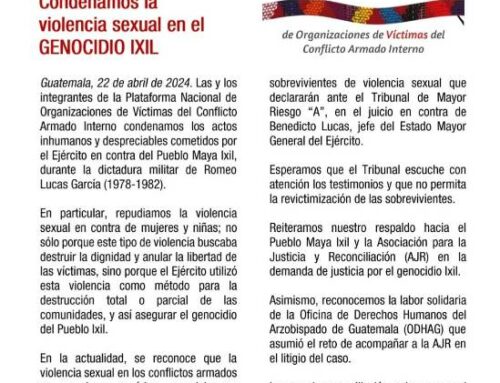
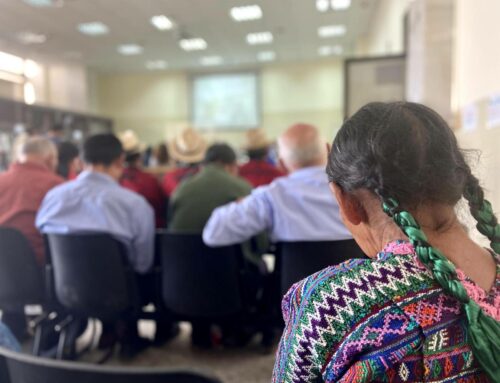
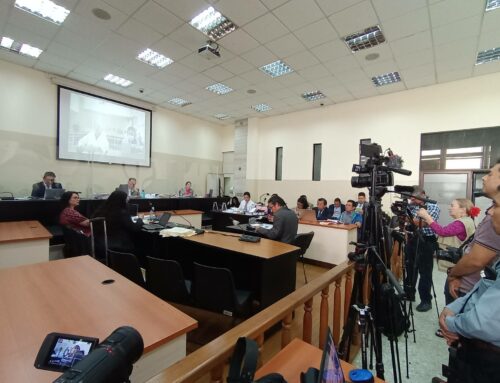
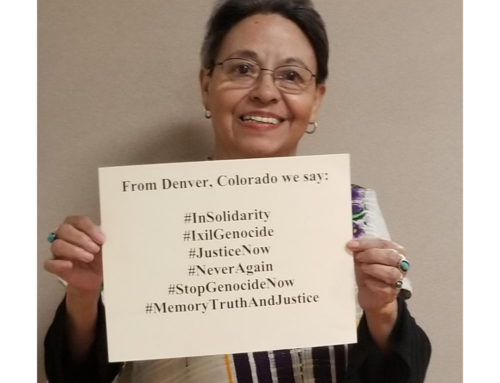
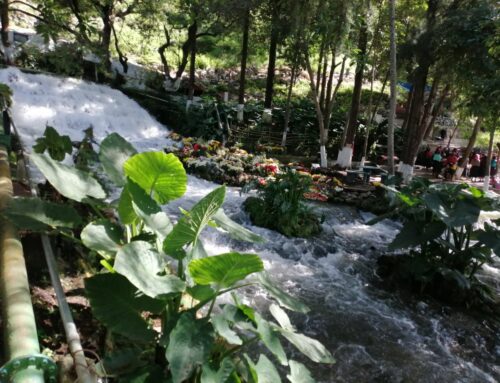
Leave A Comment